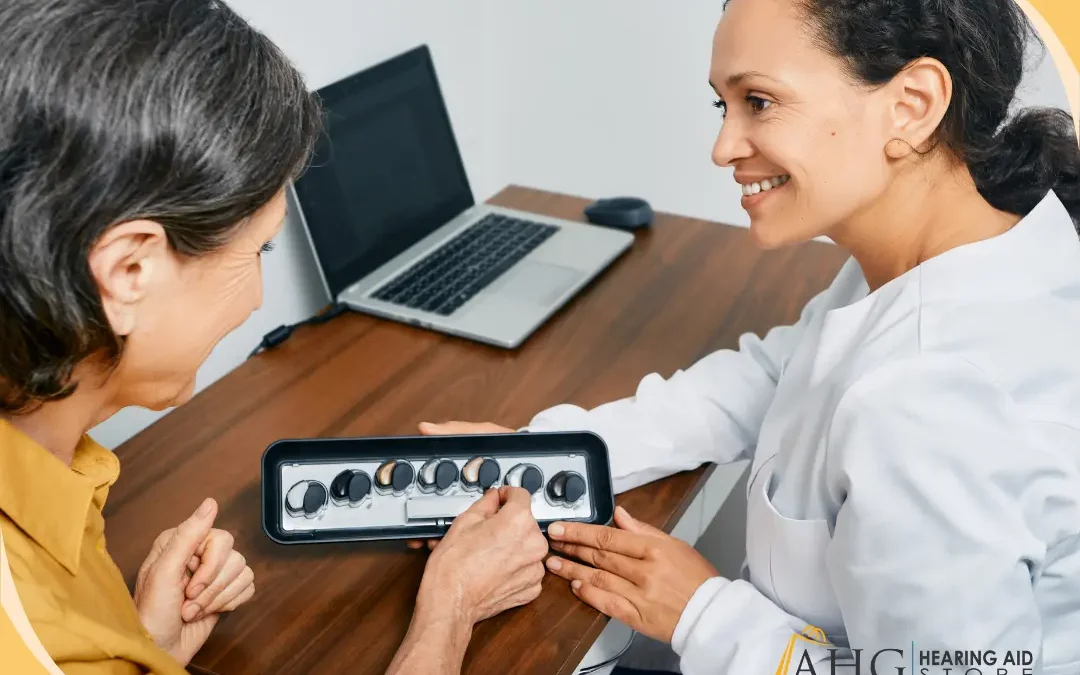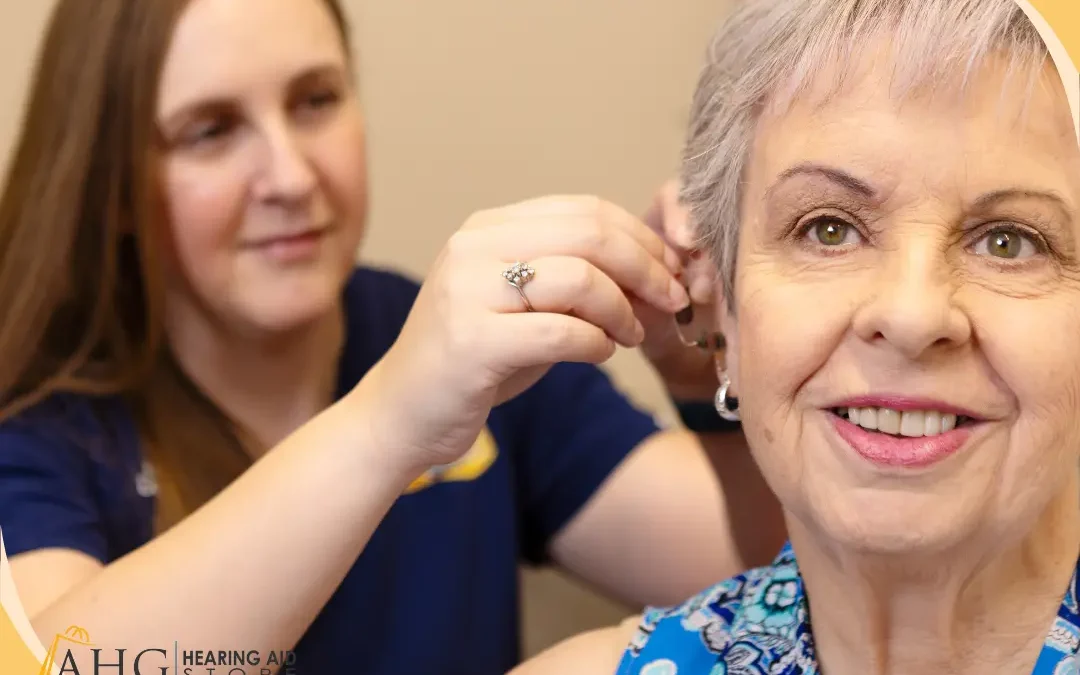
If your parents or grandparents had hearing aids, you might expect that every adult needs to wear hearing aids as they get older. While this is a common occurrence with aging, it doesn’t mean that you will necessarily need them, or that it’s even a bad thing.
Hearing aids have often been viewed as a ‘necessary evil’ and a byproduct of getting old. We’d like to help you see the other side of the story … hearing aids as a useful tool to maintain hearing health and a way to keep you feeling young!
Why should you wear hearing aids?
If you’ve been diagnosed with hearing loss, here are four great reasons why your audiologist might recommend that you wear hearing aids as part of a comprehensive aural rehabilitation plan:
- Hear better … be happy! Have you ever been in a group setting where everyone is talking, laughing, and having a great time but you can’t understand what they’re saying? That’s one of the downsides of having hearing loss. You miss out on meaningful conversations. When you wear hearing aids, however, you’ll be able to hear better and enter into the conversation rather than feeling left out.
- Enjoy more social interactions. Since you’ve experienced hearing loss, have you found that you avoid large gatherings, going out to eat with friends, or having company? When you make the smart decision to seek hearing loss treatment, you’ll be better equipped to engage socially. Today’s modern hearing aid technology is great at filtering out background noise, making it much easier to interact in social environments.
- Prevent or slow cognitive decline. Research has found significant connections between hearing loss and conditions such as Alzheimer’s disease, dementia, and cognitive decline. When you choose to wear hearing aids, it doesn’t guarantee that you will avoid these conditions altogether, but it may help slow their arrival.
- Enjoy an active, healthy lifestyle. Getting older doesn’t have to mean moving less, staying home, and not enjoying life. But, that often happens when people ignore their hearing loss. Instead, we encourage you to wear hearing aids so you can hear well and continue to live well!
Get help from a hearing professional
Regardless of what type of hearing changes you notice as you age, you shouldn’t try to figure it all out on your own. The process of hearing better starts with scheduling a hearing test with your audiologist or other hearing professional. Based on the results, they can then recommend the best hearing loss treatment for you.
So, whether you wear hearing aids or your audiologist prescribes another treatment modality, it’s a wise decision to invest in yourself and protect your hearing health. We invite you to start on the road to better hearing today!





